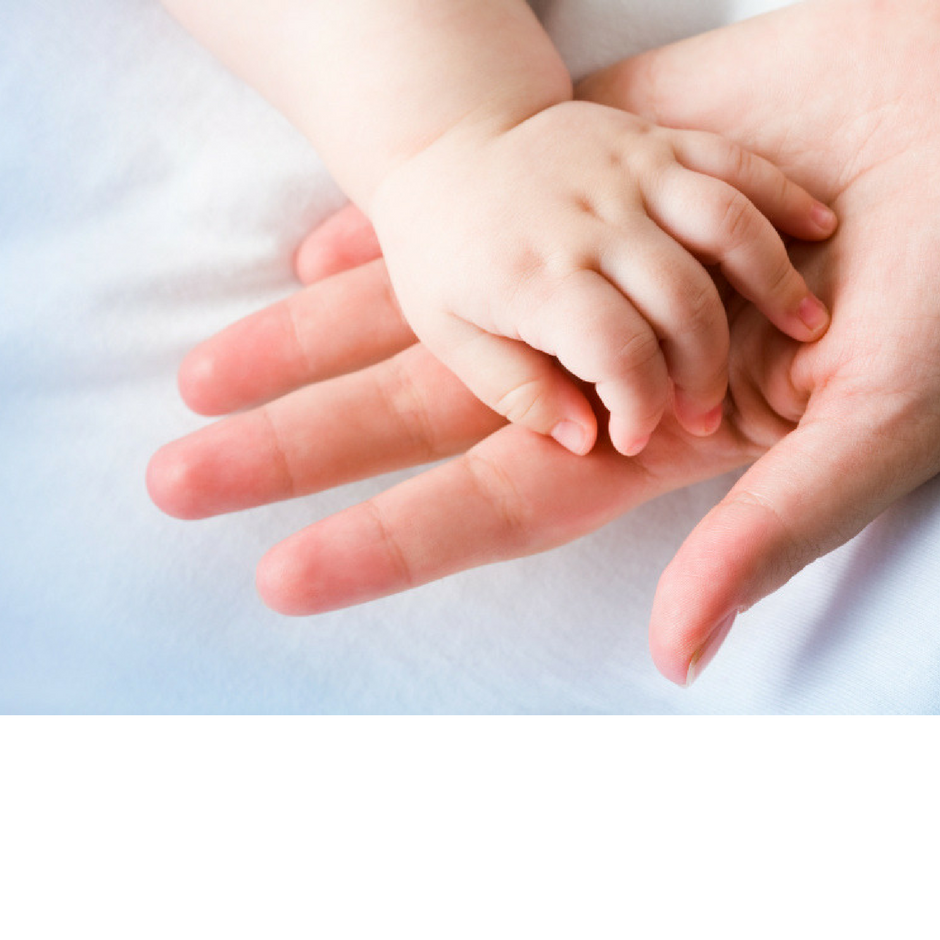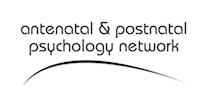Every parent has the best intention for a positive relationship with their child, yet this does not always go to plan. New parents can feel doubtful about their relationship with their baby, feeling lost, and even frightened of this much anticipated new arrival. There can be feelings of aloneness, emptiness, guilt and shame for not enjoying the parenting journey. Parents can find themselves caught between an internal turmoil and desperate attempts to care for the baby they so wanted to love and cherish.
Human beings are complex. Each of us carries a relationship blueprint that began with our relationship with our own parents. We develop self-beliefs as well as emotional and behavioural patterns from these relationships. Ever wonder why a certain look from someone or a tone in their voice can rouse an emotional response within us yet not affect someone else the same way? This is because the look or tone is familiar to us, triggering emotions associated with our very early relationship experiences. Although each individual’s early relationship is unique, feelings triggered later in life commonly have to do with early life feelings of aloneness, vulnerability, feeling unprotected, unheard, or misunderstood. Our babies’ needs and behaviours can inadvertently trigger old dynamics from our early relationships. Some parents experience feelings of anxiety or dread when their baby signals a need for closeness and comfort through crying or unsettledness. Others experience sadness, alarm, or a feeling of rejection when their baby crawls away from them to explore the environment. Even though we know that babies lack the sophistication to deliberately upset us, the emotions stirred up can be so strong, it can feel like they are manipulating us. This of course is not the case. Our babies’ need for comfort (closeness to us) or autonomy (distance from us) is merely triggering our own experiences of unmet needs from our childhood, which we may not be fully aware of. Perhaps our own parents struggled with providing comfort when we needed it, or had difficulties supporting our need for independence. Making sense of what our baby is triggering in us can help to remove the blocks that prevent us from attending to their needs and connecting with them in healthy ways. It frees us up to have the kind of relationship with them that builds trust through being present for their emotional needs as they grow and develop. We will never have the perfect relationship with our children. Experiencing pain and disappointment is part of being human. But if we get it right enough of the time, then we are doing just fine. When we miss the mark, repair of the relationship is not only possible, it is powerful. Repairing and rebuilding teaches children that they are worthy and that they can be imperfect but still loved. Parent-child relationships can be helped with counselling, parent-infant work, parenting and play programs. Talk with your doctor or maternal and child health nurse if you are wanting to enhance this important relationship. Written by Kanthi Sayers for Bubba West Magazine, Edition 5. Kanthi Sayers is a Perinatal Psychologist with the Antenatal & Postnatal Psychology Network. She has a particular interest in adjustment to new parenthood, and in the parent-child relationship. Kanthi is located in Niddrie (Essendon area), and her colleagues in the West are located in Maribyrnong, Newport and Werribee. www.antenatalandpostnatalpsychology.com.au https://www.facebook.com/antenatal.postnatal.psychology/ Comments are closed.
|
AuthorPosted by Dr Renée Miller Topics
All
|
|
We acknowledge and pay respects to the Elders and Traditional Owners of the land on which our psychologists practise.


 RSS Feed
RSS Feed

